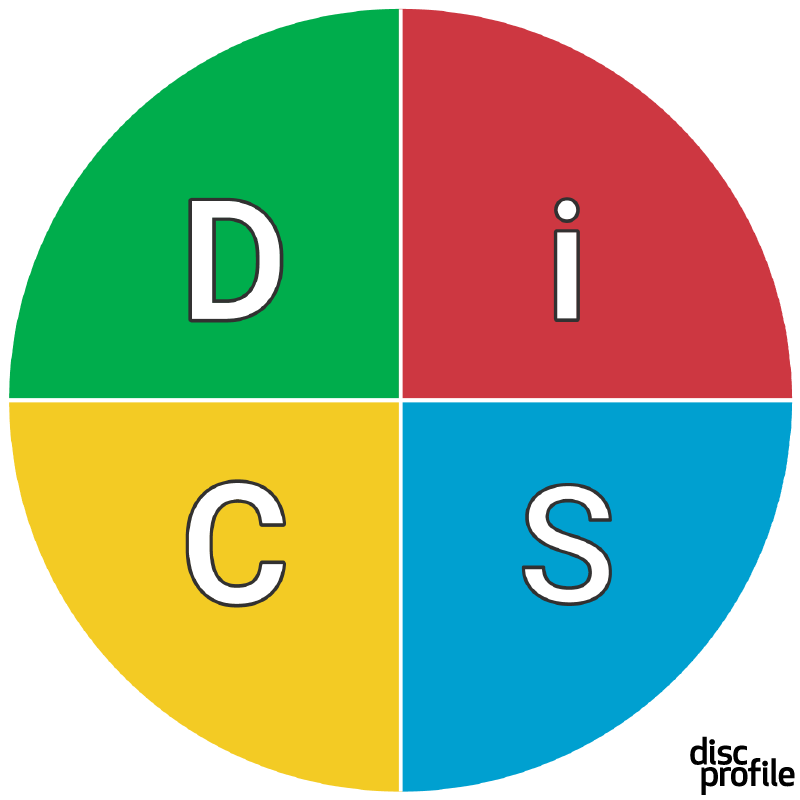
When do you begin Marketing for your MSP?
Marketing SuganoYou have your head buried deep in your business and grown into more than the one-man-shop you started as. You have a handful of employees on payroll and you're looking for new ways to grow. Maybe you're near or have crossed that magical threshold of a million dollars annually. And maybe now you're thinking of adding in-house marketing to help generate leads.
Like many MSP owners, you probably started as a tech, then had to take on sales to bring in more clients. That turned out to be cold calling and lots of phone calls. The bulk of your new opportunities probably comes from referrals — which is great — but it's not a real growth strategy. Living off of referrals can become detrimental to your growth. You can quickly run out of new leads and may even run the risk of hurting your reputation if your churn rate gets out of hand.
You’d like to start marketing your business, but you have no idea how marketing works. That’s understandable. You’re an IT person first, so the secrets of marketing might as well exist on Mars. But deep down, you realize that not marketing will cost you more in missed opportunities than the investment in marketing will ever be. The truth is that well-run marketing departments generate enough leads to more than cover their costs. But where do you start? What is a marketing strategy? Can marketing be outsourced?
Coming up with a marketing strategy may seem easy, but the trick is learning how to focus on who your prospects are and how you can reach them. Get these parts down and you’ll be ahead of the game. There’s no need to spend valuable time on gaining the attention of someone who will never buy from you.
Outsourcing is an option, and it works well for intermediate companies that haven't grown enough to support a dedicated marketing department, but they still need to market themselves to generate new business. Even after your company has grown, you still might find that outsourcing your marketing is still a good option. When you're shopping around for a marketing content developer, always keep in mind that you will need a company that specializes in MSP Marketing. Look for someone familiar with the IT industry or you'll be wasting your money on generic campaigns that will miss the audience you need to target.
Here are a few of the places where you’ll want to focus your marketing pushes:
EMAILS:
Emails will always be an efficient way to contact and stay in touch with prospects. You’ll want to follow-up with anyone you meet – at mixers, trade shows, etc. – and if you don’t have a deep well of email info to pull from, you can purchase Leads Lists to get you started.
SOCIAL MEDIA:
When you realize that 3.2 billion people around the world use social media every day, you'll understand that it can be a valuable tool in your marketing bag of tricks. Many experts in the field believe that social media is still in its growth phase and that there is a lot of value in consistently advertising online. Again, figure out who you want to market to, find out how to reach them and target them by branding yourself as the cure to their issues and concerns.
BLOGS:
Blogs can help you brand your company as an expert in the industry. Choose topics that are “Hot Issues” to your community, detail the problems your prospects face, then end by telling how you can address those issues. Has your local city government been hacked or breached? Explain to them how you can protect them in the future. Have you saved data-loss for one of your clients by using a state-of-the-art BDR system? Interview them and showcase that you can help every business back-up their data securely. Use every opportunity to brand yourself as the go-to MSP in your area.
WEBSITE:
One of the strongest statements you’ll make about who you are as a company will be your website. Remember that old saying: “You’ll never get a second chance to make a first impression?” Your website will be your “first impression” for everyone who searches you out online. Your site should be modern, without clutter, well organized and able to convey who you are and what you do in one glance. Make that first impression as strong as possible, and get your message out to the people who need your services.
EVENTS:
When you're able to generate leads and create a community interest in your company, maybe it's time for you to host an event. These events can range from something as simple as setting up a booth at a charity golf tournament, to hosting a "Lunch and Learn" where you provide lunch to attendees who come in to learn whatever you want them to be aware of. Topics can range from such things as "Hacking the Hacker" where you talk about alarming hacking threats in your community, to tutorials on how to install and use Windows 10. Again, the goal is to showcase your expertise and offer solutions to whatever problems you address.
ANALYTICS:
When you get rolling with marketing, you'll need to invest in ways to measure your successes and failures. Marketing analytics, metrics, and KPIs, (Key Performance Indicators) will help you keep control of your ROI and will also show you when and how you need to react to changes in the market. You'll be able to gauge the reactions you're getting by tracking things like page views and clicks, the open rates of emails, shares on platforms like Facebook and LinkedIn, and views of videos on YouTube. Keeping track of campaigns will allow you to target the prospects you’re looking for.
Marketing is a long-term process. There’s no magic element that will attract tons of new business, yet, if you don’t market yourself, you’ll risk missing opportunities. Create engaging content, be consistent with your output, showcase the value of your solutions and brand yourself as the expert you are. Sooner or later you’ll motivate the prospects you’re looking for to contact you.
Feel free to watch one of our Sales Training Webinars On-Demand located here







